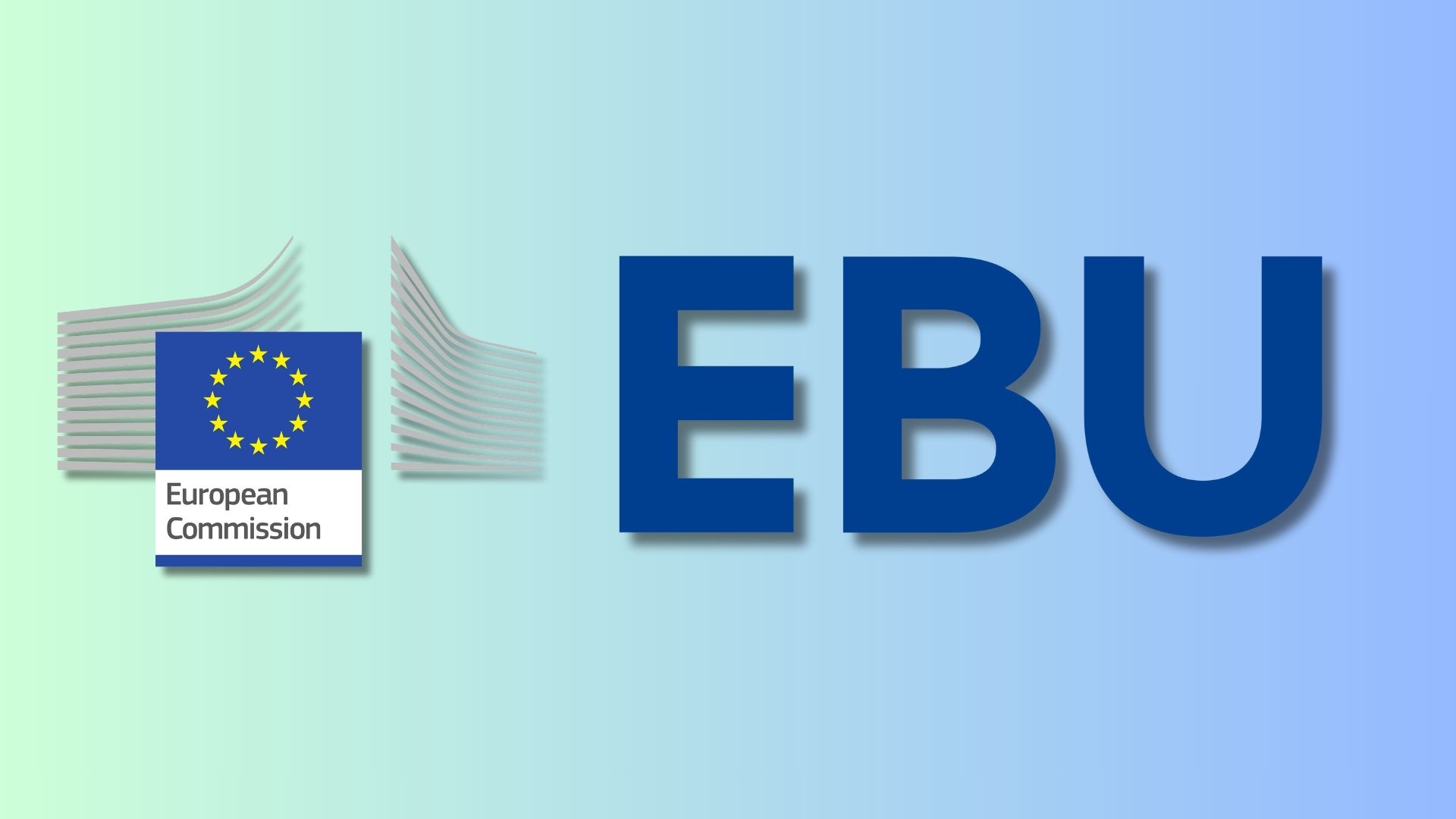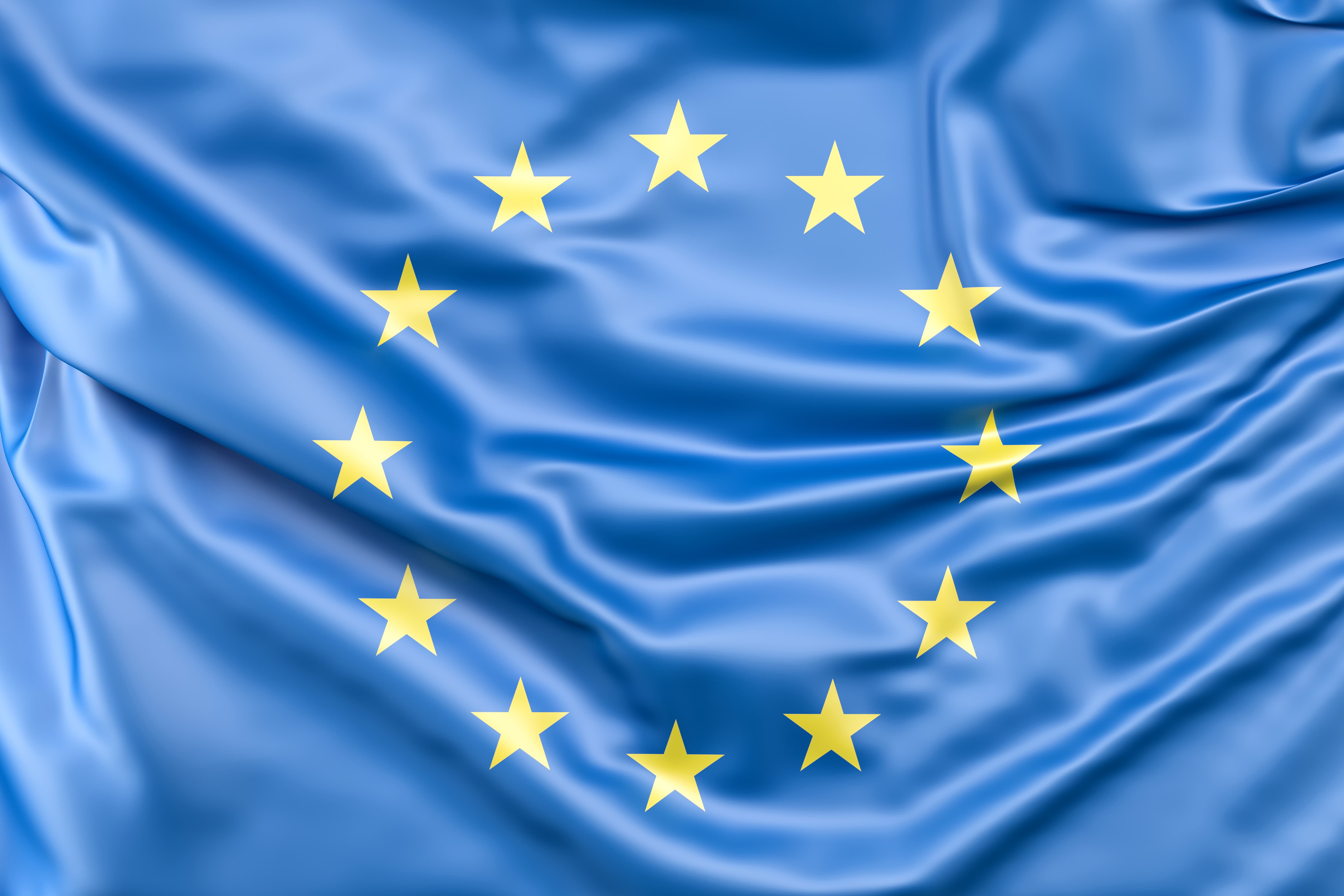The European Commission has issued implementation guidelines for Article 18 of the European Media Freedom Act (EMFA), setting out how large platforms must protect recognised media content through self-declaration mechanisms.
Article 18 has been in effect for 6 months, and the guidance is intended to translate legal duties into operational steps. The European Broadcasting Union welcomed the clarification but warned that major platforms continue to delay compliance, limiting media organisations’ ability to exercise their rights.
The Commission says self-declaration mechanisms should be easy to find and use, with prominent interface features linked to media accounts. Platforms are also encouraged to actively promote the process, make it available in all EU languages, and use standardised questionnaires to reduce friction.
The guidance also recommends allowing multiple accounts in one submission, automated acknowledgements with clear contact points, and the ability to update or withdraw declarations. The aim is to improve transparency and limit unilateral moderation decisions.
The guidelines reinforce the EMFA’s goal of rebalancing power between platforms and media organisations by curbing opaque moderation practices. The impact of EMFA will depend on enforcement and ongoing oversight to ensure platforms implement the measures in good faith.
Would you like to learn more about AI, tech, and digital diplomacy? If so, ask our Diplo chatbot!









